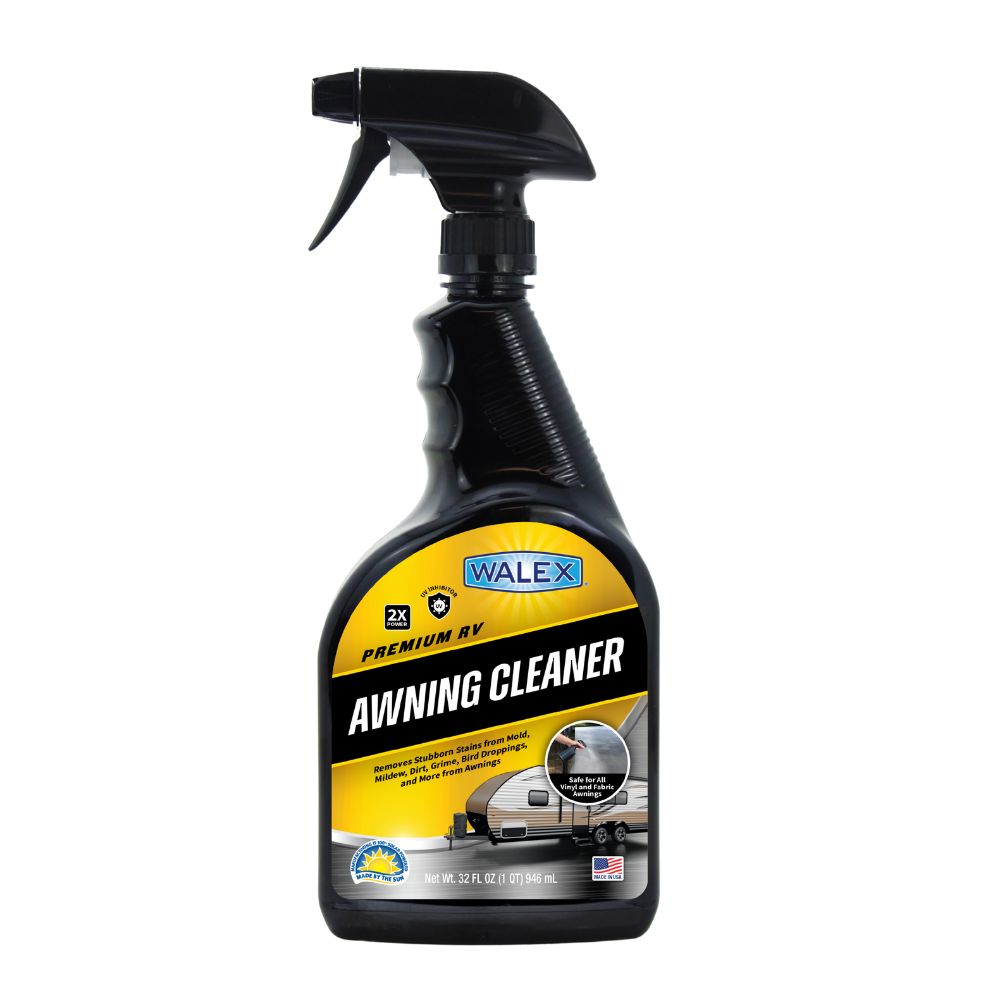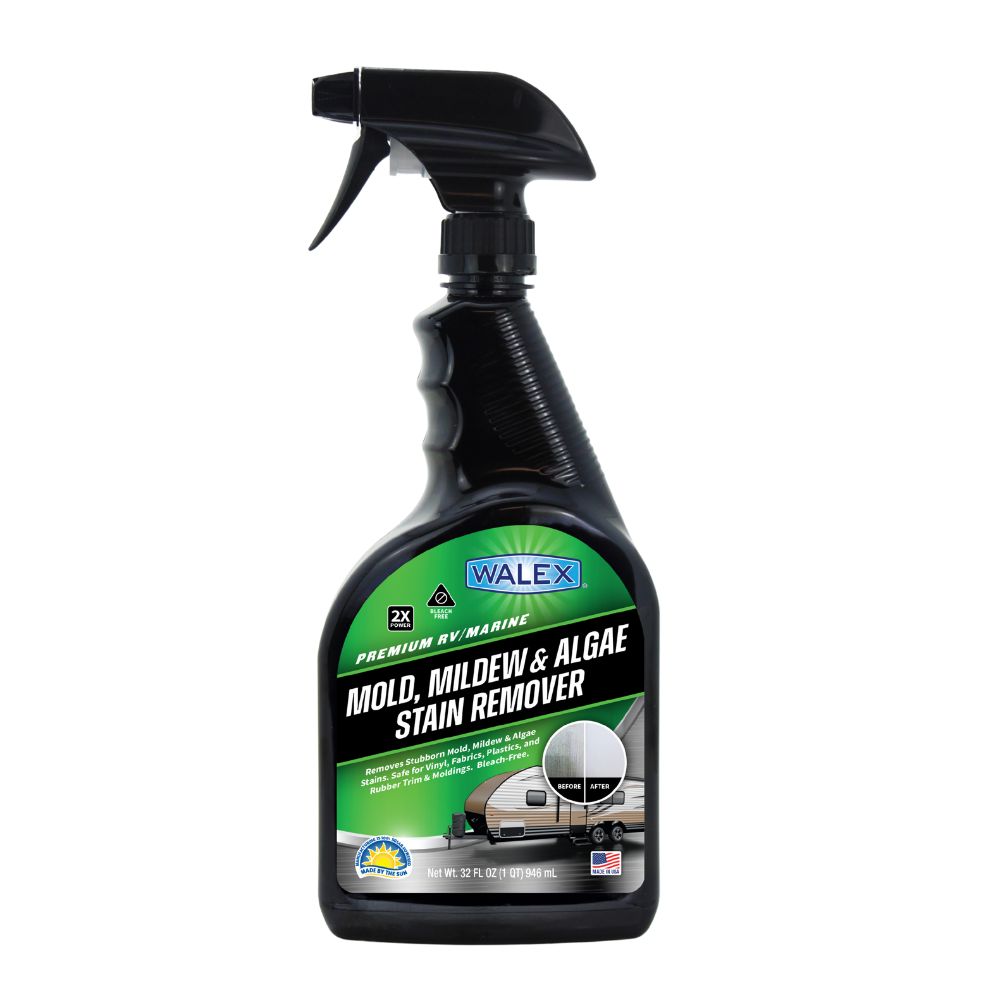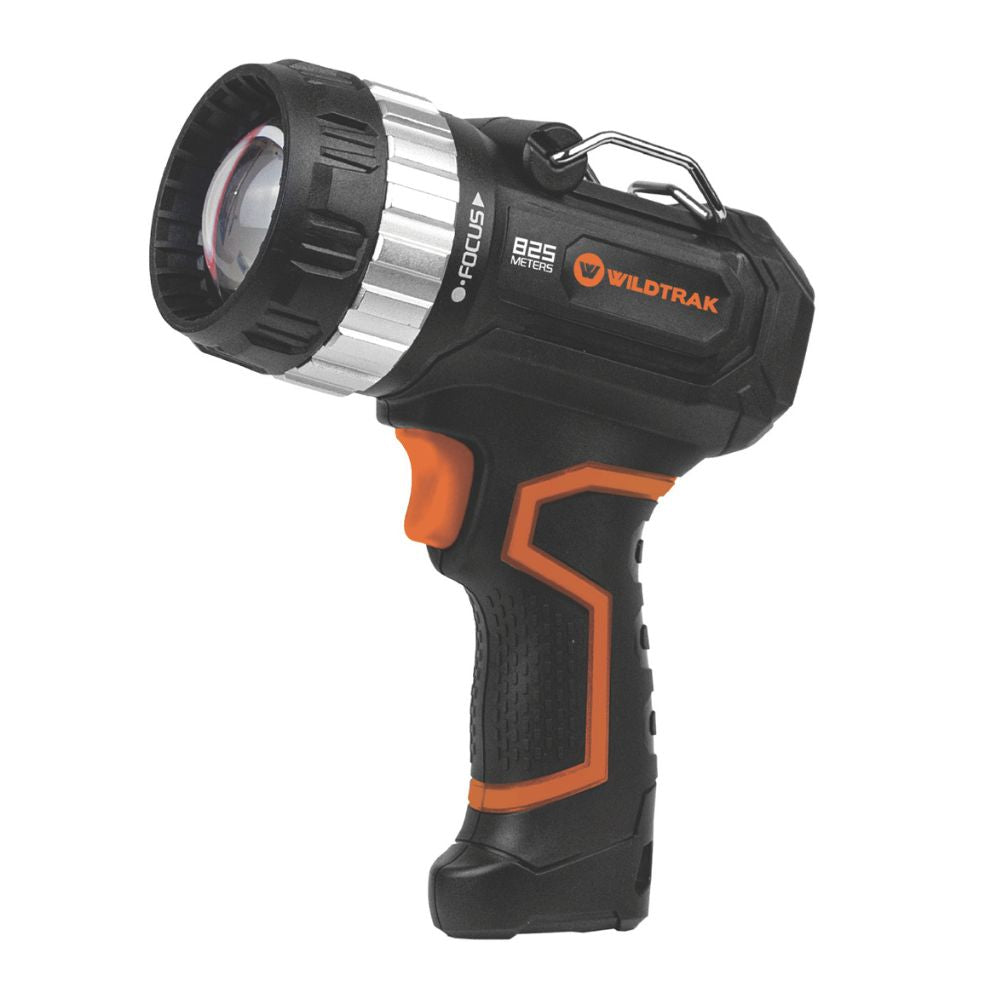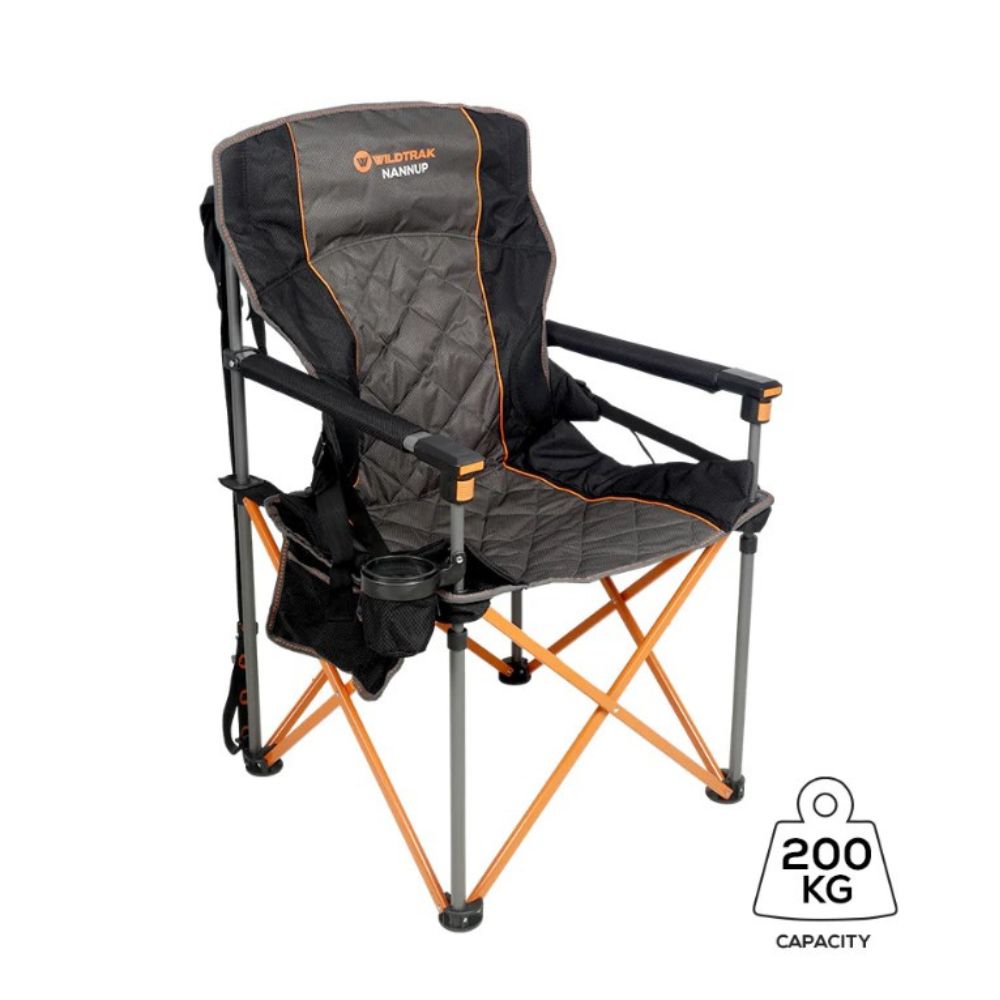Tyres often get forgotten when it comes to our car and caravan’s safety features. The truth is, they are one of the most important parts of our vehicles, as they are the only thing between us and the blacktop. Whether you’re travelling for a few days or a few months, tyre choice is paramount. If you’re wondering how to choose between the hundreds of tyres on the market – all calling themselves the ‘best’ – then you’ve come to the right place.
Where are you going?
Where you’re traveling to, and more importantly, how you get there, is the first thing you need to think about before buying tyres. If you’re just traveling on bitumen, then you’ll be fine with highway terrain quality. If you’re planning on hitting the back roads and travelling off the beaten track, then all terrain tyres may be the better choice. If you really want to rough it, then you’ll need mud tyres, though these are susceptible to punctures when traveling at speeds on gravel roads. For your van, you may want to consider a light truck tyre with an all-terrain tread. This way, they will be durable and can take you wherever you decide to go.
What pressure should you use?
Despite our love for camping and travelling, we are yet to reach a consensus on the correct pressure needed for optimum performance. The compliance plate on the trailer, you’ll find the recommended pressures for both the car and the van, and the manufacturer will have guidelines on what PSI is best for which surface. For example, when travelling on gravel roads, you may need to reduce your pressure by around 20% to reduce the amount of skid and movement you experience. Just remember, the PSI will likely be different for the van, and the front and back wheels of the car, so you’ll need to calculate three different amounts. If you’re confused, contact the tyre manufacturer.
Tyres for Caravans and Tow Vehicles
What are the best maintenance and storage methods?
Before you head off on your trip, it’s important that you check the condition of your tyres. Start with the sidewalls – and don’t forget to check the side under your van or vehicle as well, not just the outer side. You’re looking for cracks, bulges and anything that may cause an issue at a later date. To ensure they are wearing evenly, rotate them every 10,000kms, and include your spare tyre as well! Make sure you’re replacing them every five or six years as well, that way you can be confident you’re giving yourself enough protection when you hit the road. When you aren’t travelling, park your trailer out of direct sunlight, and take the weight off your tyres by using the jack stands.
Tyres are an easily overlooked part of your holiday, but they are crucial to safe and smooth towing. Hopefully, we’ve helped you learn more about the different types of tyres for your car and van, and have made a decision on which is right for you. Caring for them properly will extend their life, and ensure they are performing at their highest standard. If you have any questions, contact your dealer or manufacturer for their expert advice.





